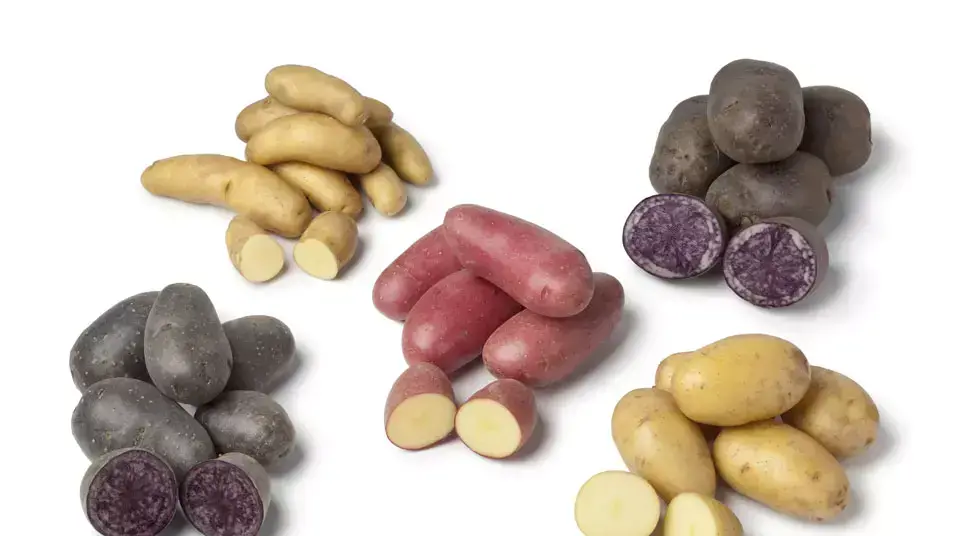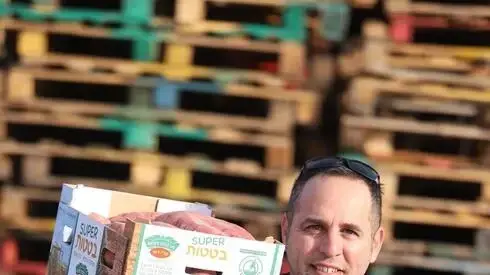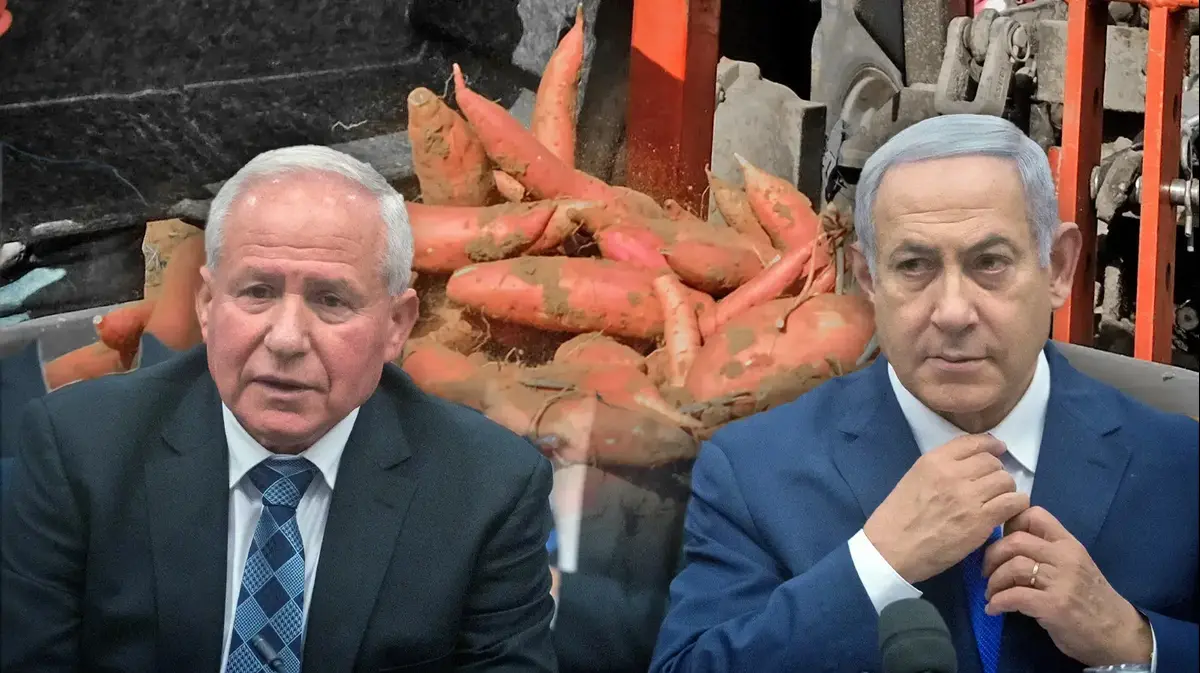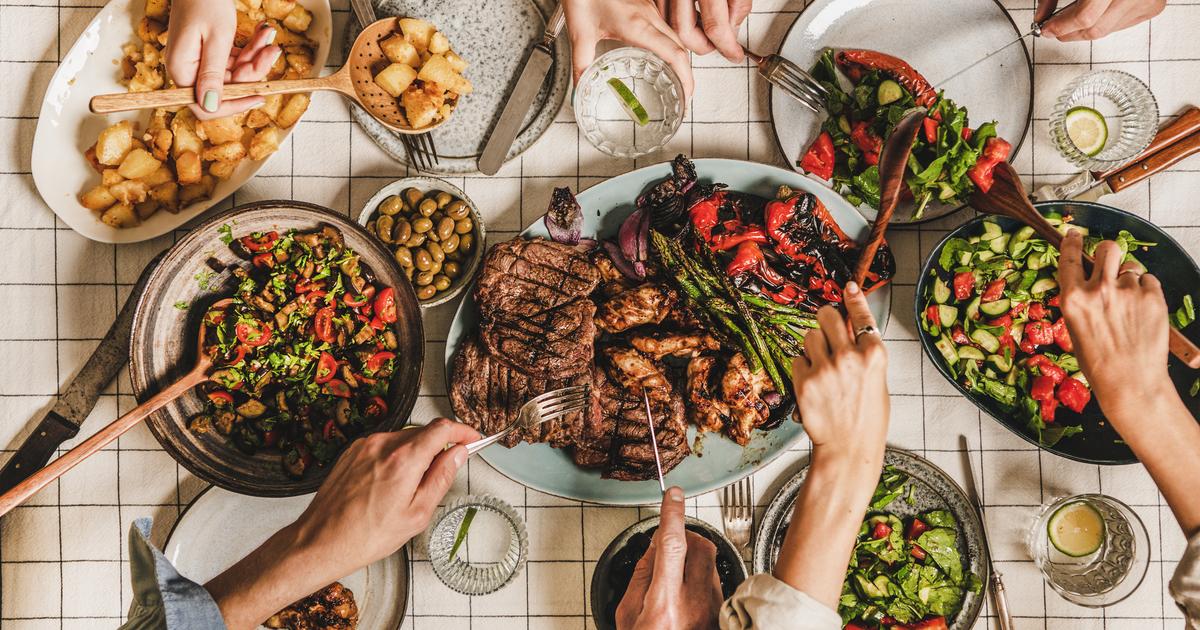Latakia-SANA
With the efforts and experiences accumulated over many years, Hussein Aziz Fadda, the son of the village of Sarskaya in the countryside of Lattakia, was able to take the lead in the Arab world in the cultivation and production of sweet potatoes, carrying with him an ambition to become the first project in the world.
During an interview with SANA’s reporter, Fadda explained that his production of sweet potatoes reached 600 tons last year, and he expected the production to double this year, indicating that he started cultivating sweet potatoes with a small area not exceeding one hectare in 2007, then expanded his project and now reached nearly 40 hectares to cover the local market. In various governorates, it provides a source of income for approximately 48 families, including members of the war-wounded and the families of the martyrs.
Fadda explained that sweet potatoes are of great benefit, as they are rich in fiber and sugars, in addition to that they contain antioxidants that eliminate cancer cells in their infancy. We provide large tons of fodder, and the vegetative part above the ground can be used to turn into turbine and organic fertilizers after treatment, as work is being done to develop this idea in the next stages.
Regarding the mechanism of sweet potato cultivation, Fadda said: The seedlings are prepared in the fall in greenhouses, and by the spring we fertilize them to be planted starting from June until August, when the harvest starts from mid-September until mid-November and the crop is harvested once a year.
In order to facilitate the marketing process, Fadda adopted a method of packaging products in a retail method. In the past, they were packed with weights of 25 kilograms exclusively, but now we distribute them in boxes and bags weighing 10 kilograms or 5 kilograms with fixed and well-known weights. his need.
Fadda pointed to a number of difficulties that, according to him, face the continuity and development of the project, foremost of which is fuel, as “we are supplied with small quantities that are not commensurate with the size of the project” because the dependence in irrigation is on wells and electric submersibles, and because of the power outage, we are forced to operate 12 generators that need 200 liters of diesel. daily, indicating that among the difficulties are also the significant rise in fertilizer prices and the delay in securing them.
Fadda called for raising the fuel allocations for villages that depend on agriculture, as the extension unit in the village of Sarsakiya reaches fifteen thousand liters of diesel, while the actual need is greater than this quantity, as well as its arrival late at times. Because of the high fuel prices, a quarter of the cost of agricultural production is spent on Transferring the crop between governorates, as it cannot be completely disposed of in Lattakia governorate alone, but rather it is transferred to the governorates of Damascus, Homs, Tartous, Hama and As-Suwayda.
Fadda also hopes to grant agricultural loans, facilitate their procedures, and find agricultural insurance to compensate the farmer in the event of a loss.
Alaa Ibrahim















